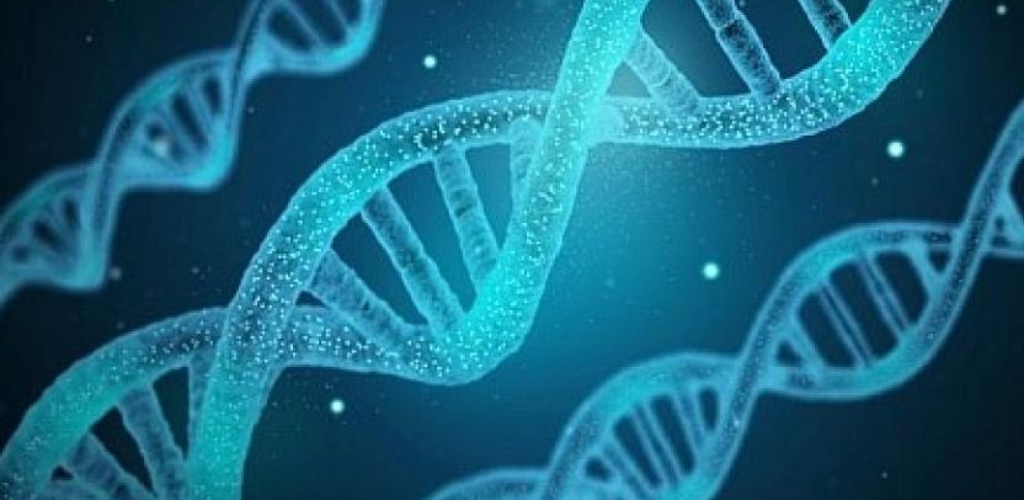Epigenetics, the study of heritable changes in gene expression that do not involve alterations in the DNA sequence, has emerged as a crucial field in understanding the pathogenesis of developmental disorders. These disorders, which arise during the developmental stages of an individual, can have profound and lasting impacts on physical, cognitive, and behavioural functioning. In this blog, we will explore the intricate relationship between epigenetics and developmental disorders, highlighting the latest research and its implications for diagnosis, treatment, and prevention.
The Role of Epigenetic Modifications in Developmental Disorders
Epigenetic modifications, such as DNA methylation, histone modifications, and chromatin remodelling, play a vital role in regulating gene expression during development. Disruptions in these processes can lead to aberrant gene expression patterns, contributing to the development of various developmental disorders. For instance, DNA methylation patterns have been associated with neurodevelopmental disorders like autism spectrum disorder (ASD) and intellectual disability.
Epigenetic Biomarkers for Early Diagnosis
The identification of epigenetic biomarkers holds great promise for the early diagnosis of developmental disorders. By analysing specific epigenetic signatures, clinicians can potentially detect the presence of these disorders even before the onset of clinical symptoms. This early detection can lead to timely interventions and improved outcomes for affected individuals and their families.
Epigenetic Therapies for Developmental Disorders
The reversible nature of epigenetic modifications has opened up new avenues for the development of targeted therapies for developmental disorders. Researchers are exploring the potential of epigenetic drugs, such as DNA methyltransferase inhibitors and histone deacetylase inhibitors, to modulate gene expression and alleviate the symptoms of developmental disorders. While these therapies are still in the early stages of development, they hold great promise for personalised and more effective treatment approaches.
Challenges and Future Directions
Despite the significant progress made in understanding the role of epigenetics in developmental disorders, there are still many challenges that need to be addressed.These challenges include the complexity of epigenetic regulation, the influence of environmental factors, and the need for robust and reliable epigenetic biomarkers. Additionally, the ethical implications of epigenetic research, such as privacy concerns and the potential for discrimination, must be carefully considered.
As we move forward, it is crucial to continue exploring the intricate relationship between epigenetics and developmental disorders. By integrating epigenetic research with other fields, such as genomics and neuroscience, we can gain a more comprehensive understanding of the underlying mechanisms of these disorders. This knowledge can then be translated into improved diagnostic tools, targeted therapies, and preventive strategies, ultimately leading to better outcomes for individuals affected by developmental disorders.
Citations:
[1] https://www.activemotif.com/blog
[2] https://info.gbiosciences.com/blog/epigenetics-and-personalized-medicine
[3] https://clinicalepigeneticsjournal.biomedcentral.com/articles/10.1186/s13148-022-01263-1
[4] https://bmcmedgenomics.biomedcentral.com/articles/10.1186/1755-8794-8-S1-S5
[5] https://www.lls.org/blog/epigenetics-new-tool-precision-medicine




